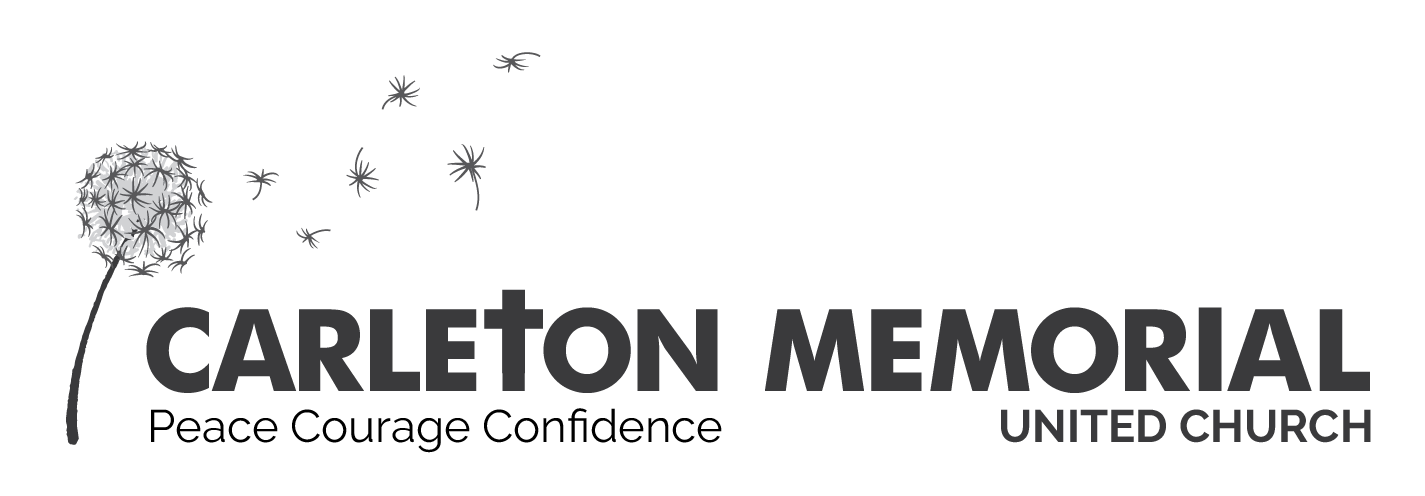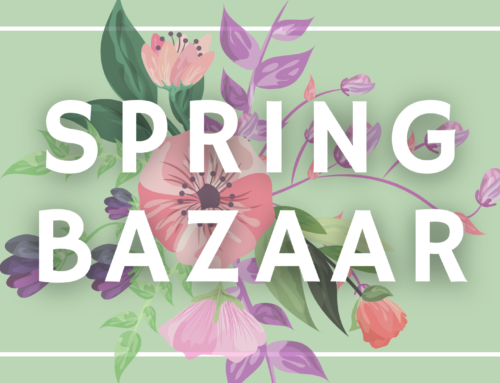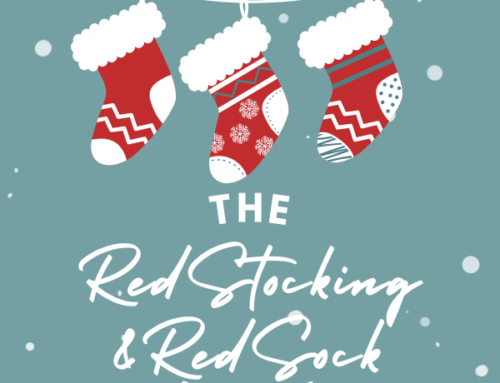
I always knew from a very young age that I would enjoy working in a career that involved direct contact with people. Friends and family used to call me the social butterfly, I would talk to anybody, anywhere at any time, and that was the first piece of the quilt. The second piece was that when I was in my early teens, one of my acquaintances with whom I use to horseback ride with in Halifax tragically died because of a taxi driver’s careless error and disregard for the fact that she was visually impaired. It was then that I realized that I was in fact my warrior mother’s daughter who taught me that in order to make a difference in the world you can’t just sit there, shut up and watch cruel and unjust things happen in the world. I was also surrounded by my tough loving older sister who taught me to speak no matter how badly my voice shakes and no matter how hard it is.
The third piece of this quilt is that at a fairly young age, I had to endure things that no other child at my age at the time should have had to endure. It wasn’t until my university years that I realized social work is much more than what the media portrays it to be, like removing children from abusive homes. It’s helping a friend through a pregnancy scare. It’s being able to able to drop your soup spoon in a matter of seconds as a roommate goes into anaphylactic shock from an undiagnosed peanut allergy, and being ready to administer her epi-pen. It’s having to convince your roommate that being harassed by her brother for money while homeless on the streets was indeed unhealthy and she should in fact turn him into the police. It’s buying a friend groceries and other hygiene necessities because her ODSP check ran out. It’s witnessing abusive behaviours towards your friend from their father and trying to convince her that maybe she should distance herself. Social work is about being there for the people around you who need an extra hand.
It’s teaching a recent Syrian refugee the English alphabet and how to spell his name on the window of a bus shelter in the dead of winter. It’s delivering athletic tape to a friend who recently busted up her knee because she needs it more than you do. It’s keeping it together when your former roommate has a severe anxiety attack in the middle of downtown Montreal. Finally, it’s riding on the 98 to Greenboro on my way to do normal boring adult things and seeing a homeless individual who appeared to be under the influence of some drug or potentially experiencing an overdose and kicking yourself in the butt because you didn’t act appropriately in the situation. However, it’s also using that regret to realize that as an affective social worker who may potentially be working with innercity street involved and homeless youth that you should probably get your Naloxone training pronto. Social work is about doing your best for others based on the situation you’re in and the tools you have access to.
All these experiences have shaped me into the person that I am today and will hopefully give me the knowledge and wisdom to become the strongest social worker I can possibly be. Luckily for me though, I have had a couple of amazing mentors that have taught me about the good, bad and ugly parts of being a social worker. These women probably hate me for giving them too much credit, but I would not be on this path without them. These people are my best friends Sammy Chase, Kara Saumure, Jenna Lambert and Ali A. As you can see there are many bricks and mentors that help build an effective social worker and one day I hope to be one of those.
Say tuned for the next episode of social working life!
–Sonja











Connect with Carleton Memorial